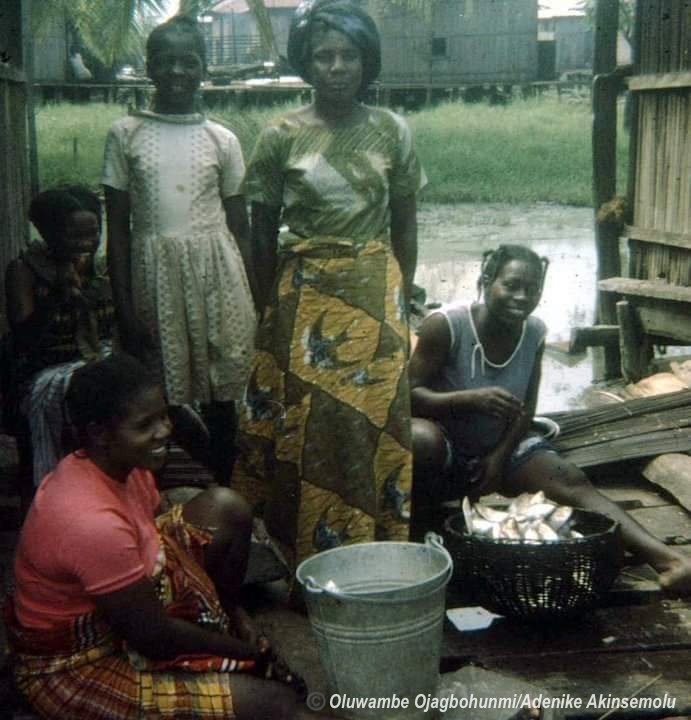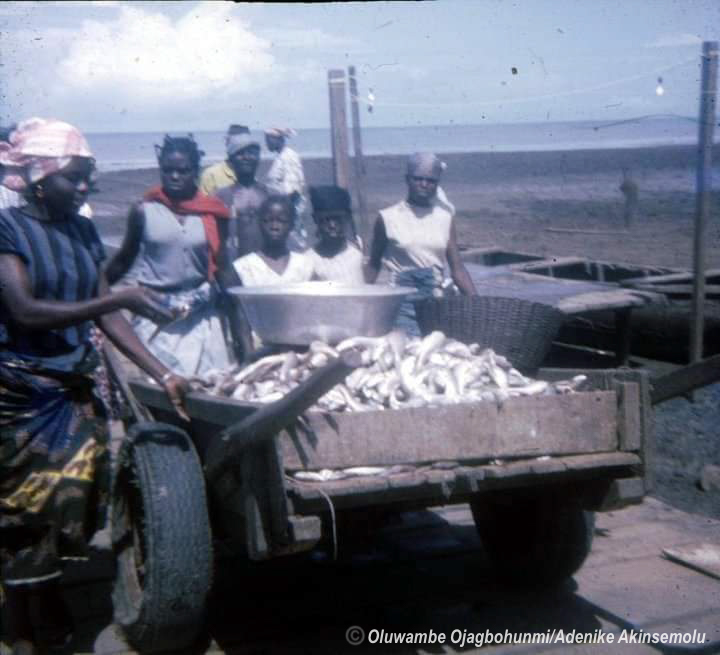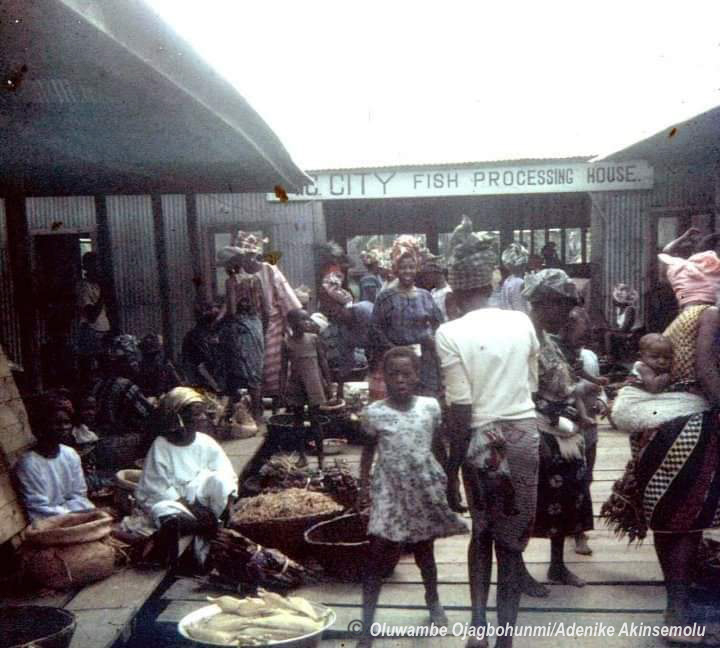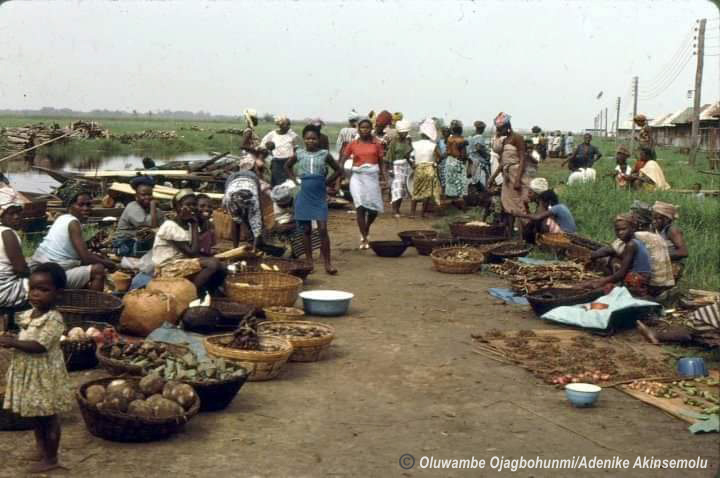Every thriving town has a place where stories, goods, and friendships meet. In Aiyetoro, that place was the market. From its early days in the 1950s, the market stood not only as a hub of trade but also as a symbol of the community’s shared prosperity. For a people who believed in equality, the market was the clearest example of how unity could transform daily life.
A Market Like No Other
How strong is your museum’s website as part of the whole offer? Does it reflect your identity as an organisation? Does it appeal to your visitors? What does it really need? Are there trends to pay attention to? Others toUnlike many markets across Nigeria, the Aiyetoro market was guided by the principles of fairness and community. Prices were not left to chance or haggling alone; instead, goods were shared and sold with a spirit of trust. Traders worked in cooperatives, ensuring that no one lacked food or daily essentials.
Every morning, Broad Street would come alive with the sound of traders arranging their goods—smoked fish neatly stacked, palm oil gleaming in clay pots, cassava and yam piled high. Women spread colourful cloths, and men displayed handmade tools, nets, and baskets. Children ran between the stalls, carrying messages or helping parents.


Business and Community
The market was more than an economic space; it was a meeting point. Here, neighbours exchanged news, families planned events, and visitors marveled at the orderliness of a market by the sea.
Fishermen brought in their catches at dawn, and before midday, the market stalls were filled with fresh tilapia, catfish, and prawns. Farmers from nearby villages came with vegetables and fruits, adding colour and variety. Everything worked in rhythm—proof that business could thrive when fairness led the way..
“Our market was not about who had the most,” recalled one elder. “It was about making sure everyone had enough.”
The Role of Women
Women were the lifeblood of the market. They managed stalls, negotiated prices, and ran the cooperatives that kept food accessible to all. Many mothers raised their families from the proceeds of daily trading, passing down skills of honesty and enterprise to their children.
The market also gave women a voice. In community meetings, women traders were respected for their contributions and often spoke on matters affecting the town’s economy.
Echoes of the Past
Though the sea has encroached on much of Aiyetoro today, the memory of its market remains powerful. Many elders still remember the vibrant songs of traders, the smell of smoked fish carried by the wind, and the laughter of children playing between stalls.
For Aiyetoro, the market was more than trade—it was culture, unity, and survival woven together. The story of its business life reminds us that when people work not for profit alone but for the good of all, commerce becomes community.

The market of Aiyetoro may have changed, but its lesson remains: true wealth is not measured in coins or goods, but in the strength of people standing together.



